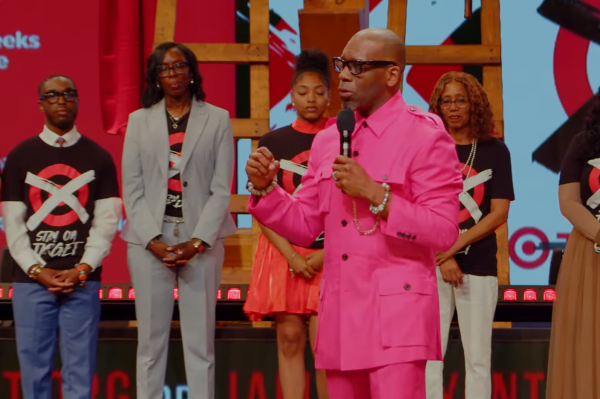College Settles With Student-Counselor Expelled for Trying to Reassign Gay Client
A graduate student who was expelled from Eastern Michigan University's counseling program for trying to have a homosexual client reassigned to someone else because of her religious beliefs will receive a settlement from the college. The announcement came from her lawyers at Alliance Defending Freedom earlier this week.
Last January, the U.S. Court of Appeals for the 6th Circuit ruled in Julea Ward's favor.
"Public universities shouldn't force students to violate their religious beliefs to get a degree. The 6th Circuit rightly understood this and ruled appropriately, so the university has done the right thing in settling this case," said Senior Legal Counsel Jeremy Tedesco, who argued before the court in October of last year. "When Julea sought to refer a potential client to another qualified counselor – a common, professional practice that is endorsed by her profession's code of ethics – EMU denied the referral. Then it attacked and questioned her religious beliefs, ultimately expelling her from the program. We are pleased that Julea and her constitutionally protected rights have been vindicated."
EMU initiated its disciplinary process against Ward shortly after she enrolled in a counseling practicum course in January 2009, when she was assigned a potential client seeking assistance regarding a sexual relationship that was contrary to Ward's religious convictions, according to ADF.
Ward recognized the potential conscience issue with the client and asked a supervisor how to handle the matter. The supervisor advised Ward to reassign the potential client to a different counselor. EMU then informed Ward that she could only stay in the counseling program if she agreed to undergo a "remediation" program. Its purpose was to help her "see the error of her ways" and change her "belief system" as it relates to counseling about homosexual relationships, ADF stated.
In a strongly worded opinion in Ward v. Wilbanks, the 6th Circuit reversed the district court decision in favor of the university and sent the case back for trial, saying, "a reasonable jury could conclude that Ward's professors ejected her from the counseling program because of hostility toward her speech and faith…." Moreover, the decision notes, "A university cannot compel a student to alter or violate her belief systems based on a phantom policy as the price for obtaining a degree."
"Ward was willing to work with all clients and to respect the school's affirmation directives in doing so," the 6th Circuit wrote. "That is why she asked to refer gay and lesbian clients (and some heterosexual clients) if the conversation required her to affirm their sexual practices. What more could the [non-discrimination] rule require? Surely, for example, the ban on discrimination against clients based on their religion (1) does not require a Muslim counselor to tell a Jewish client that his religious beliefs are correct if the conversation takes a turn in that direction and (2) does not require an atheist counselor to tell a person of faith that there is a God if the client is wrestling with faith-based issues. Tolerance is a two-way street. Otherwise, the rule mandates orthodoxy, not anti-discrimination."
As part of the settlement, EMU agreed to pay Ward a sum of money to settle her claims and to remove the expulsion from her record. Steven M. Jentzen, one of nearly 2,200 attorneys in the Alliance Defending Freedom alliance, acted as local counsel in the case, Ward v. Wilbanks.






















